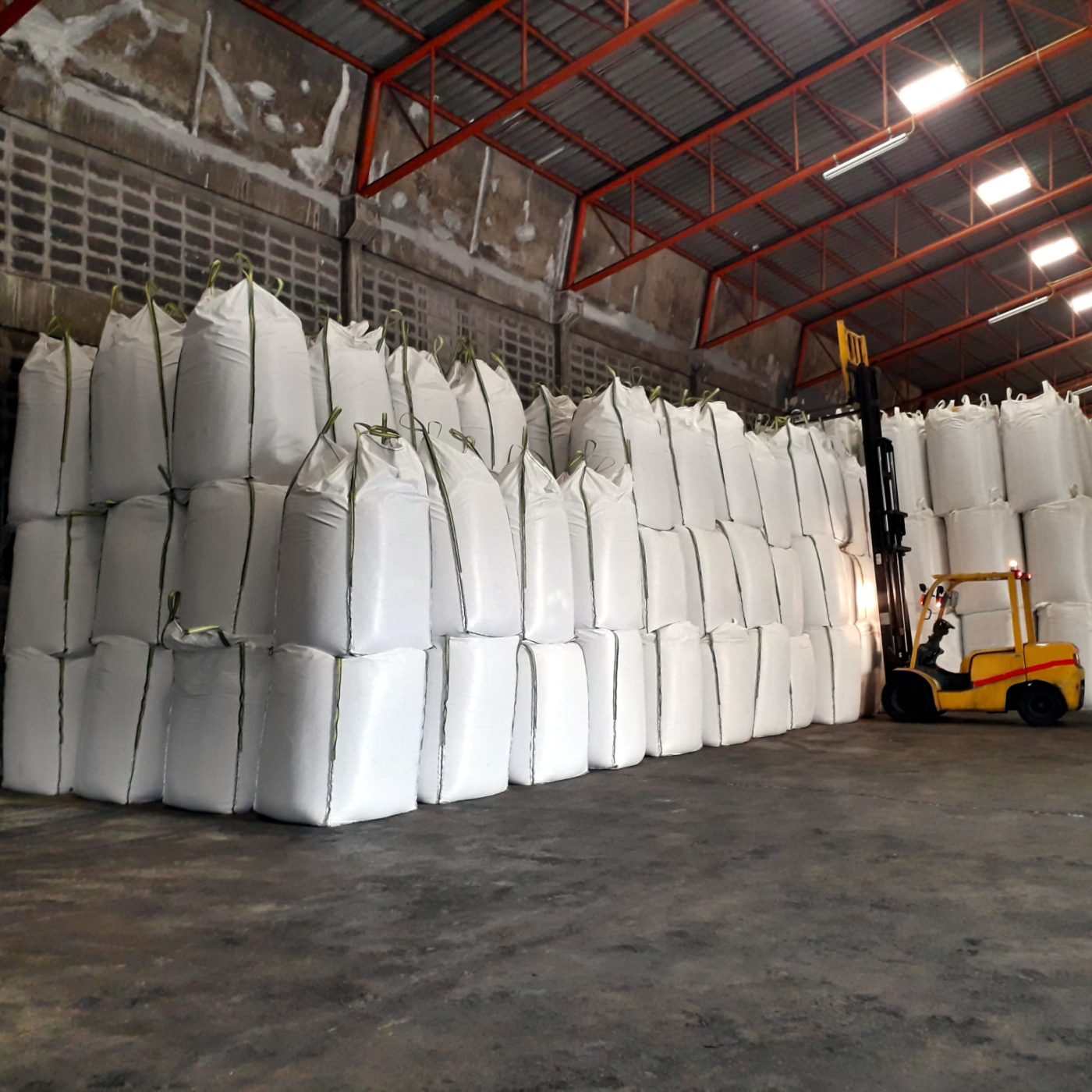Latvia gives 7,000 tonnes of ‘sanctioned’ Russian fertilizer to World Food Programme

Latvia’s foreign ministry said on Monday that on November 27 the country shipped 7,000 tonnes of mineral fertilizers from Riga to Zimbabwe. It stated that it donated the agrochemicals – which are owned by Russian companies subject to EU sanctions – to the UN World Food Programme.
The foreign ministry noted that Latvia has been storing approximately 200,000 tonnes of Russian mineral fertilizers on its territory – and that these are being dispatched to the world’s poorest countries. It said this was the second such shipment, and that the World Food Programme is currently planning to deliver further shipments of ‘sanctioned mineral fertilizers’.
Russia complained in late October that – in line with a July 2022 deal with the UN – it had donated 262,000 tonnes of fertilizers to developing countries in Africa and Asia, but that, over a year later, more than 200,000 tonnes of those agrochemicals were still being held in ports in Latvia, Estonia, Belgium, and the Netherlands.
The Russian foreign ministry said at the time that three fertilizer shipments, totaling 112,000 tonnes, which were intended for Nigeria, Zimbabwe, and Sri Lanka had stalled – despite having undergone all of the necessary preparatory procedures; and it claimed, moreover, that 96,000 tonnes of fertilizer were being held in Europe ‘illegally’. It called for their immediate release.
Russia has maintained that its agricultural exports – although exempt from EU sanctions – have faced a series of obstacles related to payments, logistics, and insurance. This means that even the recent fertilizer donations have encountered difficulties in leaving port.
The Latvian foreign ministry, for its part, stated in its Monday press release that it is trying to mitigate the disastrous effects of Russia’s invasion of Ukraine in February of last year, which it said has contributed to a global food crisis, a shortage of mineral fertilizers, and rising energy costs.
The UN estimated earlier this year that 735 million worldwide are facing hunger, up from 613 million in 2019. It attributed this in part to the ongoing conflict in Eastern Europe.



